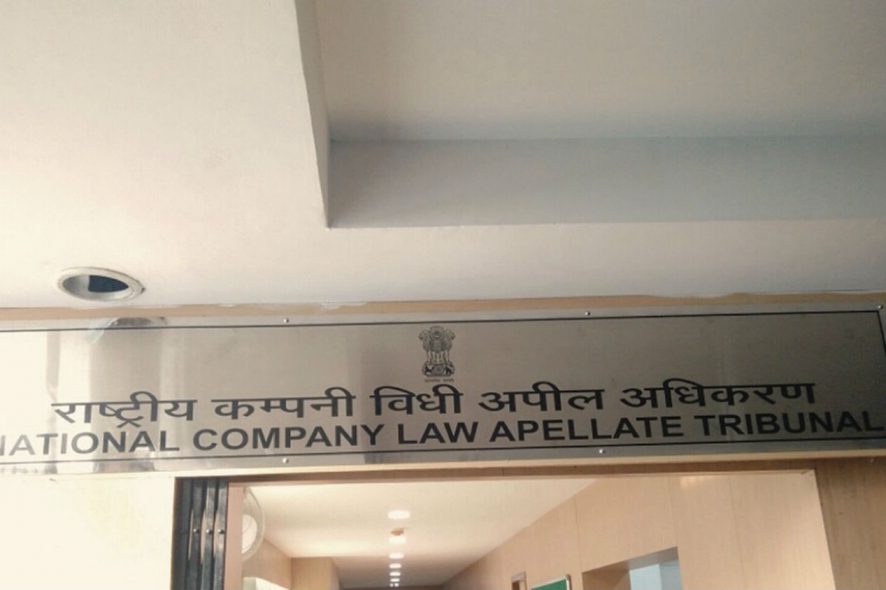National Company Law Appellate Tribunal (NCLAT): A.I.S. Cheema, J. while deciding the present Company Appeal held that the dissenting Financial Creditor in COC cannot be allowed to scuttle CIRP process otherwise the provision permitting COC to take decisions with regard to subjects stated in Section 28(1) by given majority of 66 percent under Section 28(3) would be rendered nugatory.
In the present matter, the Resolution Professional had filed an MA, under Section 60(5) (c) read with Sections 25(1), 25(2) (c) and 28(1) (a) of the Insolvency and Bankruptcy Code, 2016, before the Adjudicating Authority (National Company Law Tribunal, Division Bench, Chennai) to issue a certification approving Interim Finance and any costs related to it, as it forms part of the insolvency resolution process cost and has to be shared between all the members of the Committee of Creditors, in the proportion of their voting rights.
This application was allowed and the COC members were directed to release the Letter of Comfort.
Against developments as above, EARC filed an appeal claiming in view of the amendment to Section 30(4) of IBC read with Section 52(8) of IBC; Insolvency Resolution Process costs which include interim finance can only be recovered from secured creditors and not from unsecured creditors like Appellant. His appeal further raised ground of not being heard before passing the order thereby violating principles of natural justice.
The learned counsel for Resolution Professional submitted that the RP is responsible to keep the corporate debtor a going concern. It was further submitted that there was an urgency to seek orders of the Adjudicating Authority as the appellant was not ready to release the Letter of Comfort and the default would have led to render the corporate debtor ineligible to participate in the tender for power supply.
The Tribunal opined that the appellant has the right to dissent in a COC meeting, but if the decision is still taken by the majority provided under the statute, all of COC members are duty-bound to abide by the decision.
Reliance was placed on the case of K. Sashidhar v. Indian Overseas Bank, 2019 SCC OnLine SC 257, where it was stated that the commercial wisdom of individual Financial Creditor is non-justiciable.
In view of the above, the appeal was dismissed and no orders as to costs were given; holding that the appellant had not made out a good case that if it was heard, impugned order could have been different. The tribunal found principles of natural justice to be satisfied but could not draw such an interpretation of Sub-Section (4) of Section 30 so as to require only Secured Financial Creditors to contribute towards interim finance and not the Unsecured Financial Creditors. [Edelweiss Asset Reconstruction Company Ltd. v. Sai Regency Power Corpn. (P) Ltd, 2019 SCC OnLine NCLAT 921, decided on 20-12-2019]







